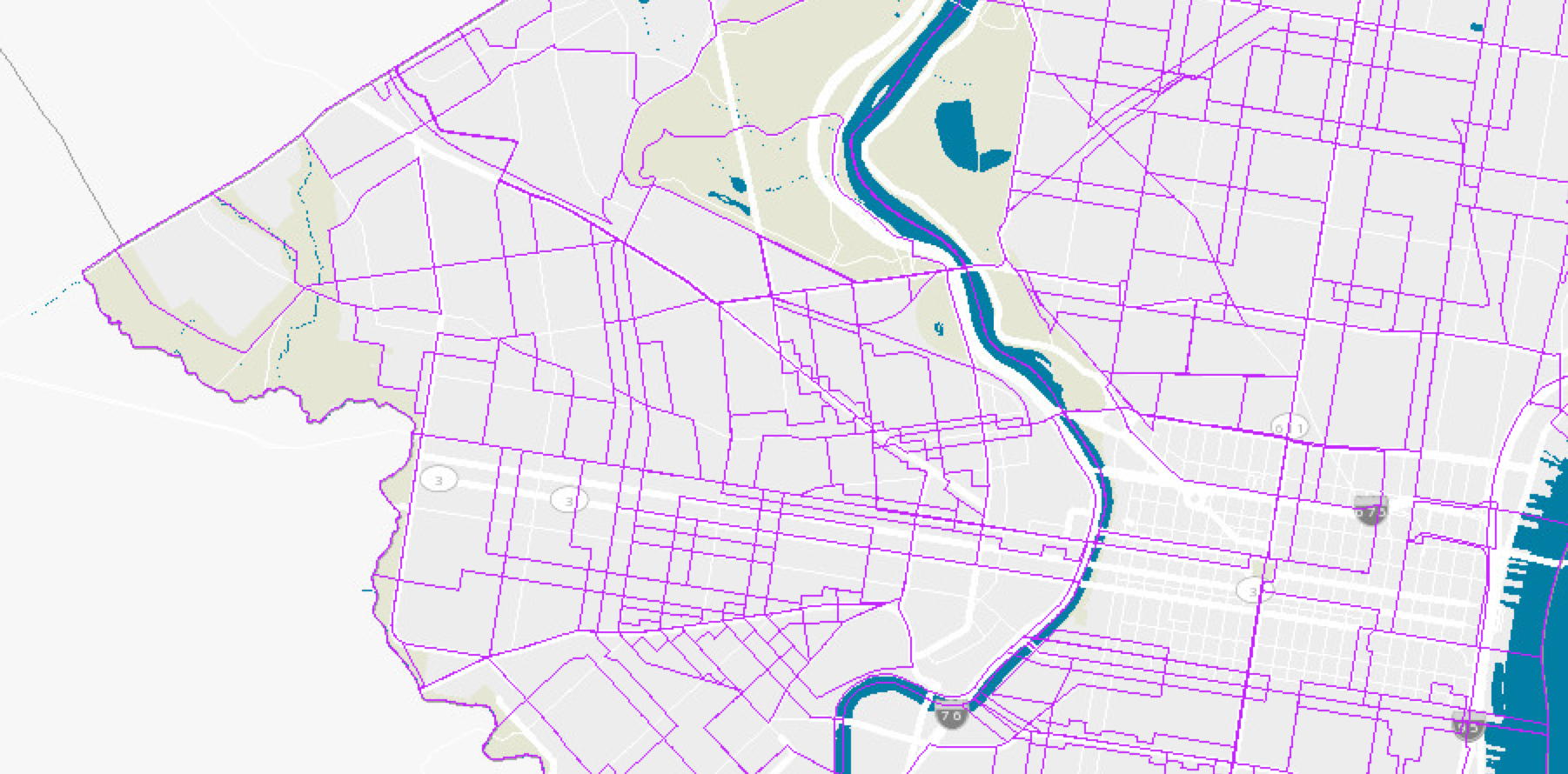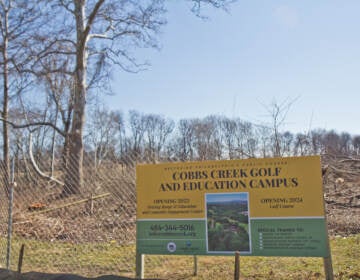Planning Commission denies four RCO appeals

At its October meeting, the Philadelphia City Planning Commission delayed the Schuylkill Yards project, approved a bill introduced by Councilman Bobby Henon to require more signage for projects requiring zoning variances, and denied the appeals of four groups frustrated in their attempts to become Registered Community Organizations (RCOs).
Earlier this month Councilwoman Jannie Blackwell introduced a bill to rezone swathes of parcels around 30th Street Station from their industrial zoning to CMX-5, the highest density zoning classification in philadelphia’s code. This paves the way for Drexel University’s The Schuylkill Yards project, which would transform the patchwork of buildings around the rail terminal into an “innovation district” with a $3.5 billion investment. But late in the Tuesday afternoon meeting the commission unanimously voted in favor of the staff’s recommendation for delay on the rezoning bill.
“We would like to see the developer come in and give us more information about what we are voting on,” said Andrew Meloney, a senior planner for the City of Philadelphia. “What are the actual proposals for those sites? Do they need any other relief? At this point, the developer wasn’t ready to speak toward the item. But they would be ready to come back in, probably, a month?”
The commission voted to support Henon’s bill, which would require developers seeking zoning variances to post any refusals or referrals issued by L&I on a separate sheet of paper next to the orange announcement about zoning variances. (The developer would have to go to L&I to get the printed materials as well.)
In this case the commission’s support was not unanimous. Commissioner Cheryl Gaston, an attorney with Spruce Law, expressed dissatisfaction with the bill: “How many ways do we have to notify people of things?”
But Gaston’s concerns weren’t enough to sway the rest of the commission and her opposition remained isolated.
Much of the meeting was dominated by the contested status of the would-be RCOs. This designation for community groups is an invention of the 2011 zoning code, which included the semi-formal status for community groups as a way to clarify who, exactly, developers should communicate with about their plans. The Planning Commission is required to alert an RCO whenever a developer seeks a zoning variance within their geographic purview. Then a public meeting between the two parties must be held.
This limited power over land use inspired much jousting by City Council, which briefly loosened regulations on the groups. But the contest culminated in Councilman Henon’s successful push to make RCO application rules more stringent again in 2013. As a result, RCOs who applied (or re-applied) this year faced more substantial requirements
The RCO application process unfurled over the course of the summer and community groups enjoyed numerous extensions. Of the 22 groups whose RCO applications were rejected, six have appealed. But only four were asked to plead their cases before the commission.
Of the four cases brought before the Planning Commission, only the group seeking to represent West Philadelphia’s Cathedral Park sent no representatives. (Their application was rejected because their membership was only open to block captains, not the general public.)
Two of the wannabe RCOs, Kingsessing Spirit and West Philly Pride, were initially thought to be dubious applicants by the commission’s staff. Meloney provided a timeline for the interactions, which began on May 26 with their attorney, Steve Masters, asking the Planning Commission’s GIS team how West Philadelphia could be subdivided into 20,000 parcel chunks (which is the largest an RCO can be). Then on July 30th the two organizations offered their applications, and two days after that Masters notified Planning that he would be their legal representative.
“Due to nearly identical bylaws, naming conventions, and perfectly adjoining boundaries, staff inferred that Kingsessing Spirit and West Philly Pride RCOs applications were designed to function as a single organization,” explained Meloney, when listing a few of the red flags that caught Planning’s eyes. “That meant if you put them together that would be over the max parcel size.”
By the time the extended deadline of August 30 rolled around, the two groups had addressed many of these issues. The reason they were nonetheless turned down, in the end, was more anodyne.
These two organizations and Center City Organized for Responsible Development—a project of the progressive religious group POWER–were all represented by Masters. All three were disqualified for similar reasons.
During the application process would-be RCOs are required to provide a meeting schedule and a notice about an upcoming community meeting as proof that the group actually has the wherewithal to be truly open to the public. The Planning Commission staff found their evidence to be wanting because the flyers pronouncing public meetings in late September hadn’t yet been promulgated to the public either in late July or in late August after the deadline extension.
Masters put up a spirited defense and argued that the nascent RCO application process is inherently confused and that the staffers misread his clients’ intentions about the required public meetings. In the case of the Center City RCO, the community members noted that the only RCO for the swath of downtown they hope to represent is currently a Republican ward organization. “They are organized for political purposes, we are organized for civic and community building purposes,” noted Reverend Robin Hynicka of the Arch Street United Methodist Church.
Masters’ arguments were kindly received by vice-chairman Joseph Syrnick and Duane Bumb offering sympathetic words of agreement, despite their ultimate vote to deny the appeals.
In the end the loss for the community groups isn’t so staggering. Due to the extended application period, they’ll next have an opportunity to apply in less than eight months.
At the beginning of the meeting the commission’s RCO coordinator, Mason Austin, received accolades from the commission for his role in the tumultuous and elongated RCO application process. The hour to come offered a taste of what Austin dealt with all summer.
“The job Mason does responding to questions we get from community organizations is really amazing,” said Anne Fadullon, director of planning and development for the city. “I don’t think any of us really understood what he goes through on a daily basis and the heavy lift he goes through every year, until he wasn’t here. He took some time off recently and we had some folks fill his shoes The response was ‘oh my god,’ we don’t know how Mason does it!”
WHYY is your source for fact-based, in-depth journalism and information. As a nonprofit organization, we rely on financial support from readers like you. Please give today.





